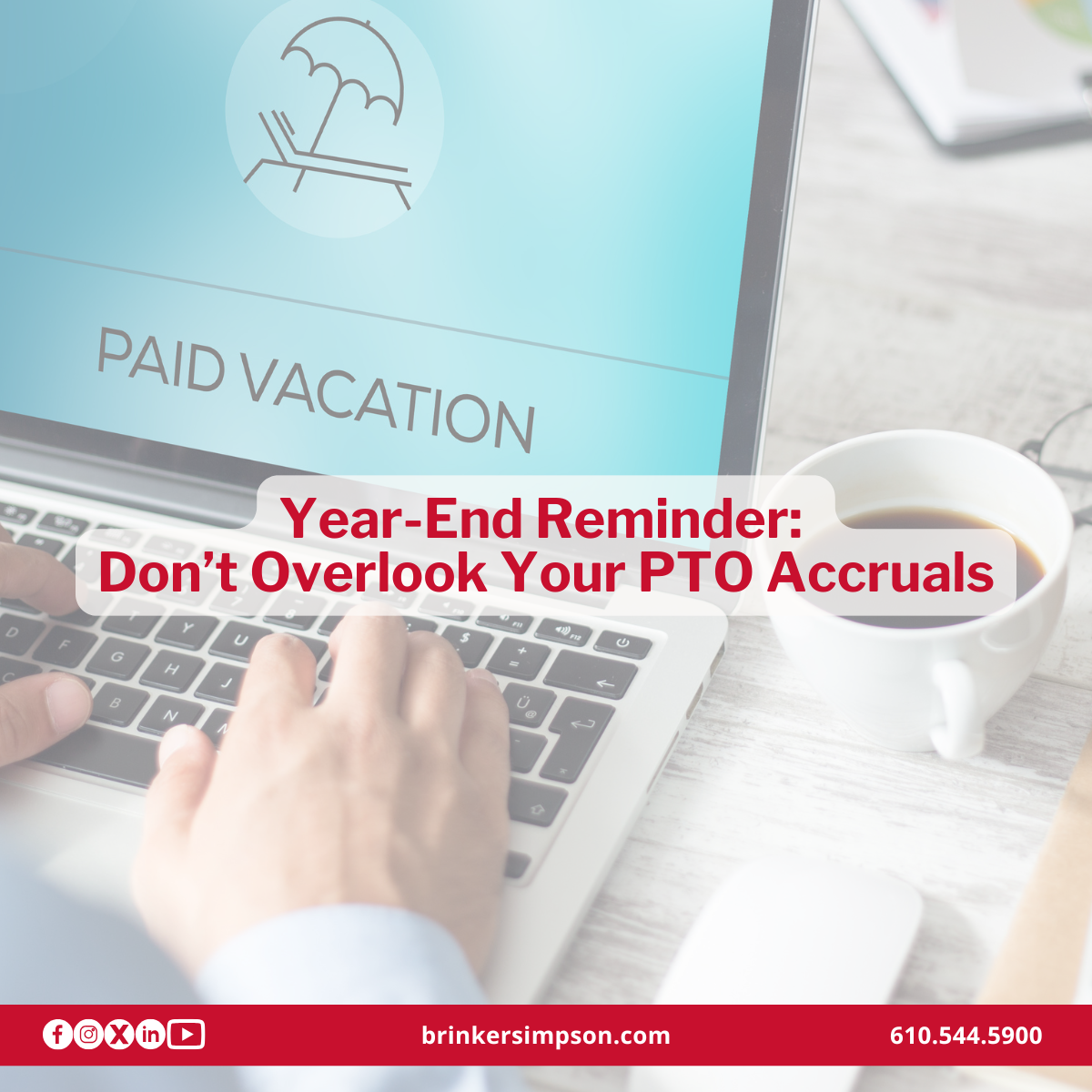Hanging onto old tax records can save you time and energy if you’re ever audited or need to file an amended return. Past years’ tax returns can also help you document your income when you apply for a loan, like a mortgage. In this article, we’ll cover how long to keep tax returns and how to organize your records in case you need them later on.
How Long Should You Keep Your Current Tax Returns?
At a minimum, you need to hold onto your tax records for three years from the date that you filed your return or two years from the date you paid the tax—whichever is later. If you filed your return early, it will be treated as filed on the date it was due. For example, if you were to file your return in February 2025 before the April 15, 2025 deadline, you would keep your tax records until at least April 15, 2030, five years from their due date.
If you’re a business owner with employees, you must keep copies of employment tax records for at least four years after the date when the tax became due or when you paid it—again, whichever is later.
*Your creditors or insurance company may require you to maintain certain tax records longer than the IRS does.
Federal Tax Returns
You need to keep records for a minimum of three years because the IRS typically has three years from the date you file to audit your returns, though most audits happen within two years of filing.
However, even after three years have passed, you may not want to toss those records. If the IRS finds a “substantial error,” it may audit additional returns, though it typically won’t go back more than six years.
There’s no statute of limitations for audits if the IRS suspects tax fraud or if you didn’t file a tax return for a particular year.
So keep that in mind before you discard records you’re no longer required to maintain. Having those documents on hand can help you if you ever need to prove that you followed the rules.
3 Years
You need to keep your tax returns in addition to supporting documents, like your W-2s and 1099s, for a minimum of three years. You should also keep copies of receipts, canceled checks, and credit card or bank statements that document any expenses you’ve deducted or support tax credits you’ve claimed.
Keep records related to property for at least three years after you’ve sold it, whether it’s your home, another real estate property, or investments like stocks and bonds. Your records will help determine your gains or losses when you sell.
6 Years
If you underreported your income by more than 25% of the amount shown on your return, the IRS has six years to audit you. The same rule applies if you underreport more than $5,000 of income from foreign financial assets.
7 or More Years
If you’re writing off a loss due to bad debt or worthless security, the IRS requires you to maintain records for seven years.
*After the IRS determines that you owe taxes, it has 10 years to collect your debt.
State Tax Returns
Many states follow the same three-year and six-year timeframe as the IRS, but some states give themselves additional time to audit you. These rules can get complicated. For example, California has a four-year statute of limitation on audits and requires you to file an amended state return if the IRS adjusts what you owe. Check with your state’s taxing authority for the rules on state tax audits. Maintain all records at least until your state’s statute of limitations has passed.
Tips for Keeping Tax Returns Organized
It doesn’t matter whether you store your tax records on paper or virtually. You just need a system that allows you to locate your records efficiently if needed.
If you keep hard copies of your tax records, store them in a fireproof and waterproof safe. To keep paper records organized, consider using a separate folder for each tax year. However, a safer and more efficient option is often to scan your records and store them electronically on an encrypted drive or in the cloud. Given the sensitivity of the information, be sure to secure it with a complex and unique password, and enable two-step authentication.
Key Takeaways
- Keep all tax records for at least three years from the date that you filed your return or two years from the date you paid the tax, whichever is later. If you paid early, keep your records for at least two years from the date your taxes were due.
- The IRS typically has three years to audit you after you’ve filed your return, but it may go back six years in the event of a substantial error.
- There’s no statute of limitations if tax fraud is suspected or if you didn’t file a return.
- Check with your state’s rules to determine how long you should keep state tax records.



